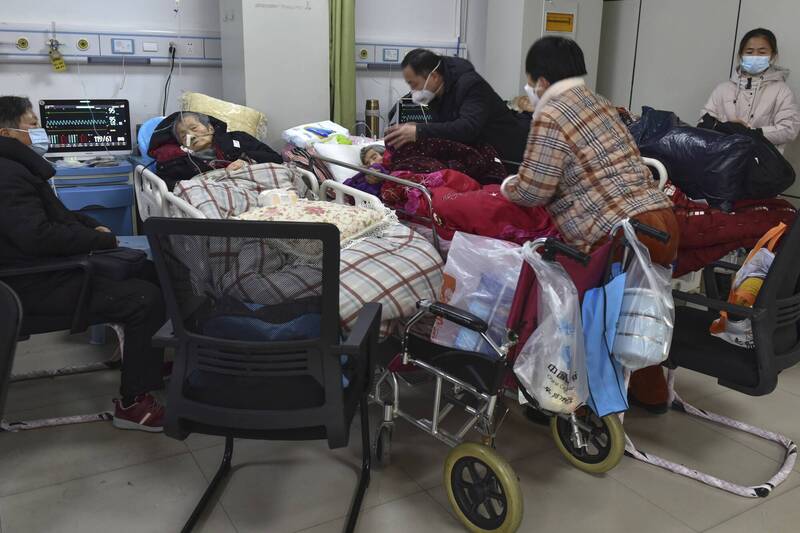
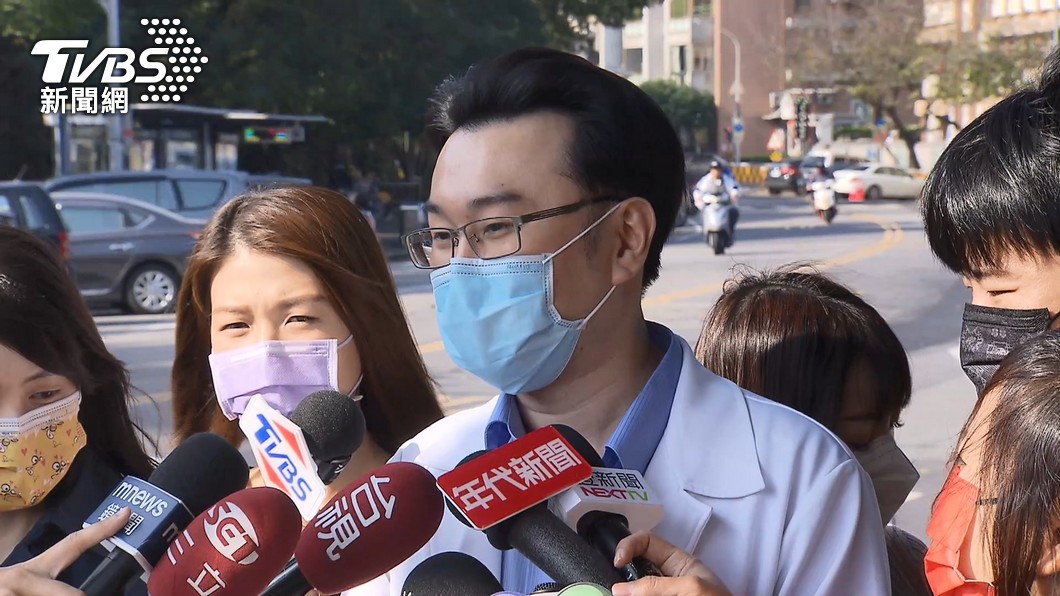
A secretive World Health Organisation (“WHO”) committee is scheduled to meet for five days beginning today. The purpose of these meetings will be to finalise their report regarding the proposed amendments to the International Health Regulations (“IHRs”).
These meetings will not be live-streamed. The proceedings will not be available to the public. No public comment period is scheduled. Your opinion regarding these amendments is not going to be considered. These rules are being negotiated by the members of the International Health Regulations Review Committee (“IHRRC”), who were chosen, not elected.
A relatively simple and relatively inexpensive way to gain power and authority over much of the world could be accomplished through a binding international treaty that transfers sovereignty over certain matters from individual nations to an international body like the WHO. To further this ambition, WHO is taking two steps. One step is to amend its IHRs. In case the IHR amendments did not work, WHO will rely on its Pandemic Treaty. Both the IHR amendments and the Pandemic Treaty need to be stopped.
WHO’s IHRRC is planning to meet in secret from Monday, 9 January 2023, to Friday, 13 January 2023. The IHRRC will be working to finalise what is now a 46-page document that includes proposed amendments to the International Health Regulations (“IHRs”). The amendments have been submitted by a mere 14 nations. The work done by the IHRRC is “confidential” and it answers directly and only to WHO’s Director-General, Tedros Adhanom Ghebreyesus. IHRRC plan to submit its amendments to WHO on 15 January 2023.
In the video recorded on 21 October 2022, James Roguski, Oliver Lee Lloyd and Paul G give a brief overview of the IHRRC and their “private” meetings. In the video, they refer to an article published by Prevent Genocide 2030 titled ‘Big Problems with the Review Committee for the International Health Regulations Amendments’.
- Change the overall nature of the WHO from an advisory organisation that merely makes recommendations to a governing body whose proclamations would be legally binding. (Article 1)
- Greatly expand the scope of the IHRs to include scenarios that merely have a “potential to impact public health.”
- Seek to remove “respect for dignity, human rights and fundamental freedoms of people.” (Article 3)
- Give the Director General of the WHO control over the means of production through an “allocation plan for health products” to require developed states parties to supply pandemic response products as directed. (Article 13A)
- Give the WHO the authority to require medical examinations, proof of prophylaxis, proof of vaccine and to implement contact tracing, quarantine and treatment. (Article 18)
- Institute a system of global health certificates in digital or paper format, including test certificates, vaccine certificates, prophylaxis certificates, recovery certificates, passenger locator forms and a traveller’s health declaration. (Articles 18, 23, 24, 27, 28, 31, 35, 36 and 44 and Annexes 6, 7 and 8)
- Redirect unspecified billions of dollars to the Pharmaceutical Hospital Emergency Industrial Complex with no accountability. (Article 44A)
- Allow the disclosure of personal health data. (Article 45)
- Greatly expand the WHO’s capacity to censor what they consider to be misinformation and disinformation. (Annex 1, page 36)
- Create an obligation to build, provide and maintain IHR infrastructure at points of entry. (Annex 10)
The 76th World Health Assembly is scheduled to occur from Sunday 21 May 2023 to Tuesday 30 May 2023. In order for the proposed amendments to be considered during the 76th World Health Assembly, they must be submitted to the WHO at least 4 months in advance.
The IHRRC plans to submit these proposed amendments to the WHO by Sunday, 15 January 2023.
The IHRs are existing legally binding international law. If the proposed amendments are presented to the 76th World Health Assembly, they could be adopted by a simple majority of the 194 member nations. According to the already agreed-upon rules of the IHRs, if the proposed amendments are adopted, the member nations would not need to take any additional actions. The United States Senate would not be required to provide a two-thirds vote to give their “advice and consent.” No signatures by national leaders would be needed.
Sources:
- The Proposed Amendments to the International Health Regulations, World Health Organisation
- Secret Negotiations, James Roguski
- 100 Reasons To #StopTheAmendments, James Roguski
- Help Spread the Word, James Roguski

Covid provided a template for deception in global health which has led to the myth that global pandemic preparedness is needed. Sinisterly, One Health ideology is being embedded into global pandemic preparedness plans. And it is all being done using a relatively simple and inexpensive way to gain power and authority over much of the world – through amendments to International Health Regulations. If that method fails, the World Health Organisation will rely on its Pandemic Treaty.
Over the last few weeks, Dr. Meryl Nass has been highlighting the global health policies of WHO’s proposed Pandemic Treaty. Below is a compilation of some of the articles she has published on her Substack page detailing topics from the art of telling really big lies to how to exit the World Health Organisation (“WHO”).
News (13)
Global health and the art of Really Big Lies
The art of telling Really Big Lies, David Bell explained, is based on their being so divorced from reality that the listener will assume their own perception must be flawed, rather than the claims of the person speaking to them.
Covid-19 provided a template for deception. The new public health response trialled with this outbreak was far more attractive to investors with its centralisation, and commoditisation with vast opportunities for future growth. The excellent Covid era wealth shifts from the masses to the few have justified decades of patient investment in public-private partnerships that have broken down the arms-length approach global health once had with conflicting corporate interests.
Truth was the only persistent obstacle to corporatising and monetising global public health but Covid proved that this impediment to progress can be expunged through consistent lying and vilification of truth-tellers backed by a well-managed behavioural psychology campaign.
Covid provided a hard bucket of facts to deal with, but this is just the situation in which Really Big Lies can work. These were needed both to fool the public and provide a structure within which health professionals could implement the policy.
The way out of this is simply to refuse to lie or to cover for the lies of others.
News (14)
The myth of pandemic preparedness
The entire WHO effort is based on the false assumption that pandemic preparedness would actually work. But in fact, all it has done is create new pandemics.
- The two most recent WHO-declared Public Health Emergencies of International Concern (“PHEICs”) – SARS-CoV-2 and Monkeypox – were both caused by viruses developed in a laboratory.
- The Global Preparedness Monitoring Board has also geared up to push the identical program as the WHO: surveillance, One Health, and investment.
- The G20 nations agreed last April to a $50 billion price tag for global pandemic preparedness.
The pandemic preparedness concept is a dangerous money grab for a new biodefense industry
Dr. Nass pointed out to US Congress 21 years ago that global pandemic preparedness would never work because it is much easier to develop new pathogens than to continually come up with drugs and vaccines to thwart them, and trying to do so will bankrupt the US. You can read Dr. Nass’ 2001 testimony to the House Committee on Government Reform on responding to bioterrorism HERE.
News (15)
One Health: What is it and why is it important?
One Health is being embedded into the WHO’s International Health Regulations (IHRs) and Pandemic Treaty.
One Health is essentially a meaningless concept, Dr. Nass explained. “My best guess is that One Health will be invoked as the justification to move people off the land in certain rural communities.” Peter Daszak of EcoHealth Alliance is one of One Health’s major proponents and the US Centres for Disease Control (“CDC”) is another.
One Health appears to be a necessary part of the globalist, World Economic Forum (“WEF”) plan to corral the people of the world, akin to vaccine passports. This needs to be stopped and the best way is by exiting WHO.
News (16)
International Health Regulation amendments
A relatively simple and relatively inexpensive way to gain power and authority over much of the world – without firing a shot – could be accomplished through a binding international treaty that transfers sovereignty over certain matters (such as the response to a public health emergency) from individual nations to an international body like the WHO.
Declaring a pandemic is the preferred way to make over society, and have the people cooperate enthusiastically. To further this ambition, WHO is taking two steps. One step is to AMEND its International Health Regulations (“IHRs”). In case the IHR amendments don’t work, WHO has also claimed the world needs a Pandemic Treaty. This Treaty could do the same thing as the IHR amendments – transfer control of the conduct of pandemics to WHO while reducing human rights.
IHRs need only a simple majority to pass in the World Health Assembly, the governing body of the WHO. A Treaty would be harder to pass. Maybe that is why it is no longer being called a Treaty, but instead an “Accord” or “Instrument.”
In mid-December, the latest version of IHR Amendments was released. James Roguski has been working to explain what the proposed changes mean and has been publishing articles on the subject.
The newest IHR Amendments proposal removes the word “non-binding” – seemingly changing the IHRs from a recommendation to having the status of law. And the words “human rights, “fundamental freedoms of persons” and “dignity” have been omitted and replaced with words like “equity” “inclusivity” and “diversity.” This is clearly an attempt to usurp rights previously granted and replace them with meaningless jargon.
There is an emphasis on preparedness for pandemics. WHO is turning into a pandemic preparedness agency, and the new WHO is proposed to cost about 15 times more ($60 billion) than current WHO operations cost (<$4 billion).
Two possible ways of stopping this are to defund WHO or exit WHO, much like Brexit.
Further reading:
- The new language in the proposed Amendments to the International Health Regulations, Dr. Meryl Nass, 18 December 2022
- Links to the proposed WHO International Health Regulations Amendments, Dr. Meryl Nass, 16 December 2022
- Powering up the WHO: be alert and alarmed, Libby Klein, 18 December 2022
News (17)
To meet the WHO’s IHRs metrics would cost between $100 and $200 billion
Resolve to Save Lives published a booklet in October 2022 to prove that we REALLY, TRULY do need pandemic preparedness.
Resolve to Save Lives’ President and CEO is Tom Frieden, former NYC Health Commissioner and CDC Director who currently also works for the Council on Foreign Relations. He was charged in March 2020 with sexual abuse, the same week that the Council of Foreign Relations hired him. Frieden was also one of the 14 participants in the Event 201 sequel – ‘Catastrophic Contagion’ – a tabletop exercise held in October 2022.
Both the WHO and McKinsey analysed the costs of “capacity building” to meet the IHR indicators. And they concluded that it would only cost between $102 and $196 billion, give or take, over 5 years, to get everyone up to speed on the increased surveillance, vaccine passports, stripped human rights and other measures required of member nations by the IHRs.
Read the full article HERE.
News (18)
The urgent need for UK MPs to properly scrutinise the WHO Pandemic Treaty
The Daily Sceptic published an article last week that presents a letter written to the UK Parliament by six organisations concerned with the proposed WHO power grab.
The open letter from a group of concerned citizens to members of Parliament, raised the urgent need to properly scrutinise the proposed WHO Pandemic Prevention, Preparedness and Response Treaty to avert any loss of sovereignty or surrender to a dysfunctional and oppressive technocracy:
“The proposed treaty undermines our sovereignty and democracy. In the absence of a democratic mandate, the British public would expect parliament to actively preserve our authority to self-govern. Parliament must act now to scrutinise the negotiations.”
Read the full article HERE
News (19)
Preparedness Monitoring Board plans to "hold the world to account"
The Global Preparedness Monitoring Board (GPMB”), run jointly by WHO and the World Bank, is one way WHO plans to “hold the world to account” once its binding treaty and/or amendments to IHRs are in place.
At the World Health Summit in October 2022, the GPMB’s new co-Chairs, Joy Phumaphi and Wellcome Trust’s Jeremy Farrar set out the Board’s priorities for preparedness at the World Health Summit. It was an opportunity for “experts in global health preparedness to discuss the global reforms that are needed in the wake of the Covid-19 pandemic.”
Discussion areas focused on surveillance, community involvement, One Health, and investment. Phumaphi announced the GPMB’s upcoming manifesto, which aims to “guide” the monitoring of the current global health landscape. Farrar highlighted the importance of the GPMB’s “independence” and role in holding the world to account.
Read the full article HERE.
News (20)
Here is how U.S. would exit WHO
If we did not before, now we understand exactly where WHO is going with its IHR amendments and proposed Treaty/Accord/Instrument. In short, the goal is to eliminate human rights and freedoms, create a means for managing all resources in the world when a pandemic is declared – under the rubric of “One Health” – and make the document binding, to have the effect of law in all nations that are parties to WHO.
The solution needs massive grassroots support. Educate your elected officials about this subject and encourage them to introduce legislation. Once legislation is on the table, get back to them and ask for their co-sponsorship.
Dr. Nass’ article is specifically in the context of the USA, but for those in other countries it is worth reading her suggestions and then seeing how they could be modified to apply to local circumstances.
Read the full article HERE.
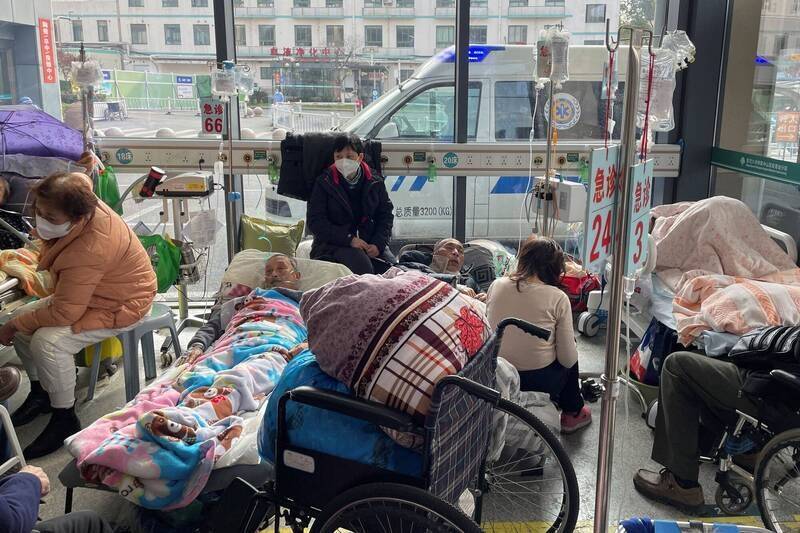

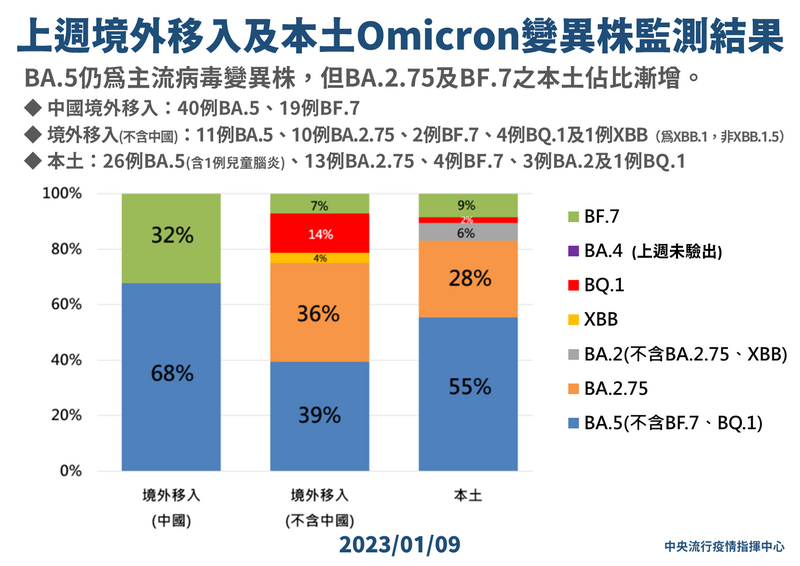
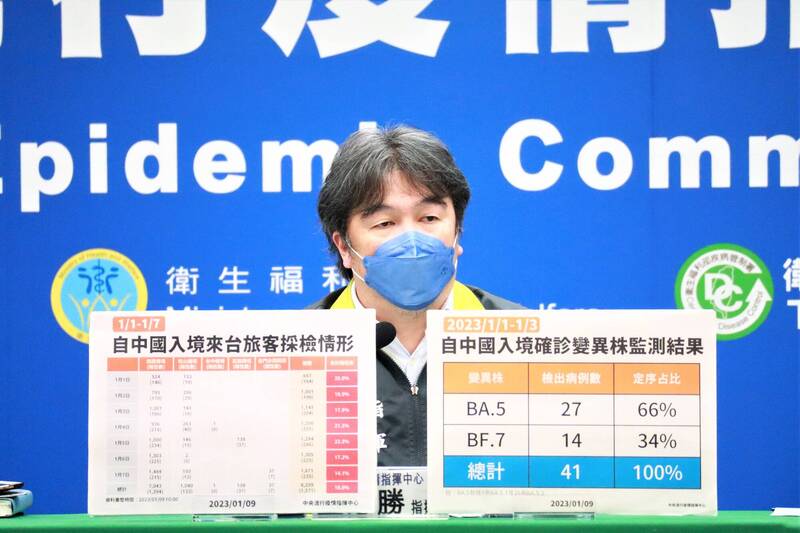




No comments:
Post a Comment